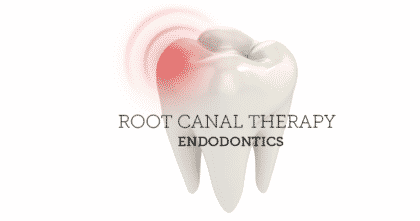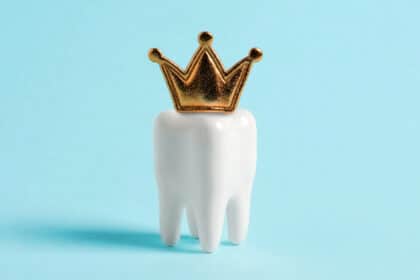Just like any parent involved in a youth sports carpool knows, a complex system needs all the parts to work together to keep things running smoothly. All it takes is one late player, a last-minute text, or a missing pair of cleats to throw off the whole operation–or baseball game!
The same idea applies to our TMJ joints, the muscles and joints on either side of our face that cooperate to open and close our mouths in order to eat, speak, and chew. When a part of that system is off, whether it’s a misaligned bite, inflamed joints, or tight muscles, the malfunctioning process of opening and closing the mouth can cause widespread symptoms that interfere with daily life. If you’ve ever thought, do I have TMJ?, here are signs to look for, as well as ways to relieve the pain in order to put your mind back on the baseball game…or finding that missing cleat!
- What is TMJ?
- TMD Symptoms
- What Causes TMD?
- TMJ Treatment
What is TMJ?
The joints that allow you to cheer for your third grader as he rounds second base are called the temporomandibular joints or TMJ. The TMJ connect the lower jaw to the skull. When you move your jaw up and down or side to side, each TMJ rotates under a disc that cushions the movement. Facial muscles and ligaments control the movements of the jaw, allowing you to chew, swallow, speak, and yawn.
However, TMD – Temporomandibular disfunction – refers to the painful condition that results when the jaw joints cannot function properly. This disorder can make any movement of the jaw painful and even inhibit its motion.
TMD Symptoms
The symptoms associated with TMD are widespread. People suffering from TMD may experience facial or ear pain; headaches that feel like migraines; ringing ears; and sore jaw muscles and joints, especially right away in the morning. TMD can cause teeth grinding or clenching, loose or broken teeth, as well as clicking or popping sounds in the jaw joint when opening or closing the mouth. The condition can also result in chewing surfaces that are flat or worn through the enamel, leaving teeth sensitive to cold or tooth brushing.
Surprisingly, TMD can also cause shoulder, neck or back pain, as well as numbness in the arms and fingers. This is because when nearby neck muscles pitch in to help the strained, misaligned jaw muscles, it can cause the neck to tilt. This tilting can pinch the nerves that control the arms and fingers, resulting in a tingling sensation or even numbness.
What Causes TMD?
Several issues can cause the delicate TMJ system to become off-kilter. Injury to the area, arthritis, dislocation of the jaw, teeth and jaw alignment, teeth grinding, and stress can lead to problems with the TMJ. For reasons still being studied, women are twice as likely as men to develop a TMJ disorder.
TMD Treatment
Simple changes at home can alleviate the pain of TMD. Eating softer food, not chewing gum, using hot or cold compresses or alternating between the two to soothe joints can bring relief. Additionally, facial exercises can be used to reduce jaw clenching. Using a mouth guard, especially during triggering times of day or at nighttime, can also help relieve the extra pressure put on the TMJ joints.
TMJ Relief in Madison, Wisconsin
Don’t let TMD take you out of the game! If you are suffering from TMD symptoms, please contact us today. Our team of dental professionals are ready to help you leave painful TMD behind so you can enjoy cheering in the stands at Warner Park or even just smiling in a post-game pic once again. Affiliated Dentists provides a wide array of dental services, including TMD treatment in Madison, Wisconsin.
Do I Have TMJ? Brought to you by Dr. Mark Gustavson


